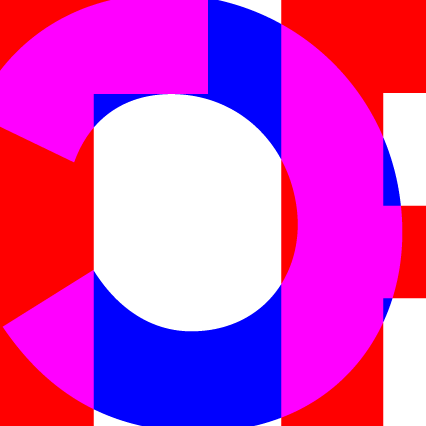
Agencies, Contradictions, and Subjectivities – Towards a Material-Discursive Framing of Engaged Practices
Following Charis Thompson’s concept of ‘Ontological Choreography’ (2005) the workshop engages with the production of different subjectivities in the speaker‘s fields of study through shifting the foucauldian idea of the order of the discourse towards a focus on material-discursive practices. This means that not only discourse analytic insights are used to raise questions about political practices and agencies, but also the institutional, material, and social practices of human and non-human actors are understood as a framework to make the production of subjectivity intelligible. Understanding academia as a discipline that is driven by a desire to deconstruct, inform about, and engage with societal distortions and injustices, we want to open up a multidisciplinary dialogue where our methodological practices and analytic concepts are interrogated and also through asking how we open opportunities of engagement and involvement and deal with often contradictive subjectivities and desires.
Brent Abrahams, Dean Stephanus, Vuyisanani Am from the University of Western Cape and Helen Stephan from University of Bremen will especially give insights in their current research projects while engaging with the problematizations above.
The workshop will be held in english and in a hybrid format so you can also join online. If there questions please contact Helen Stephan.